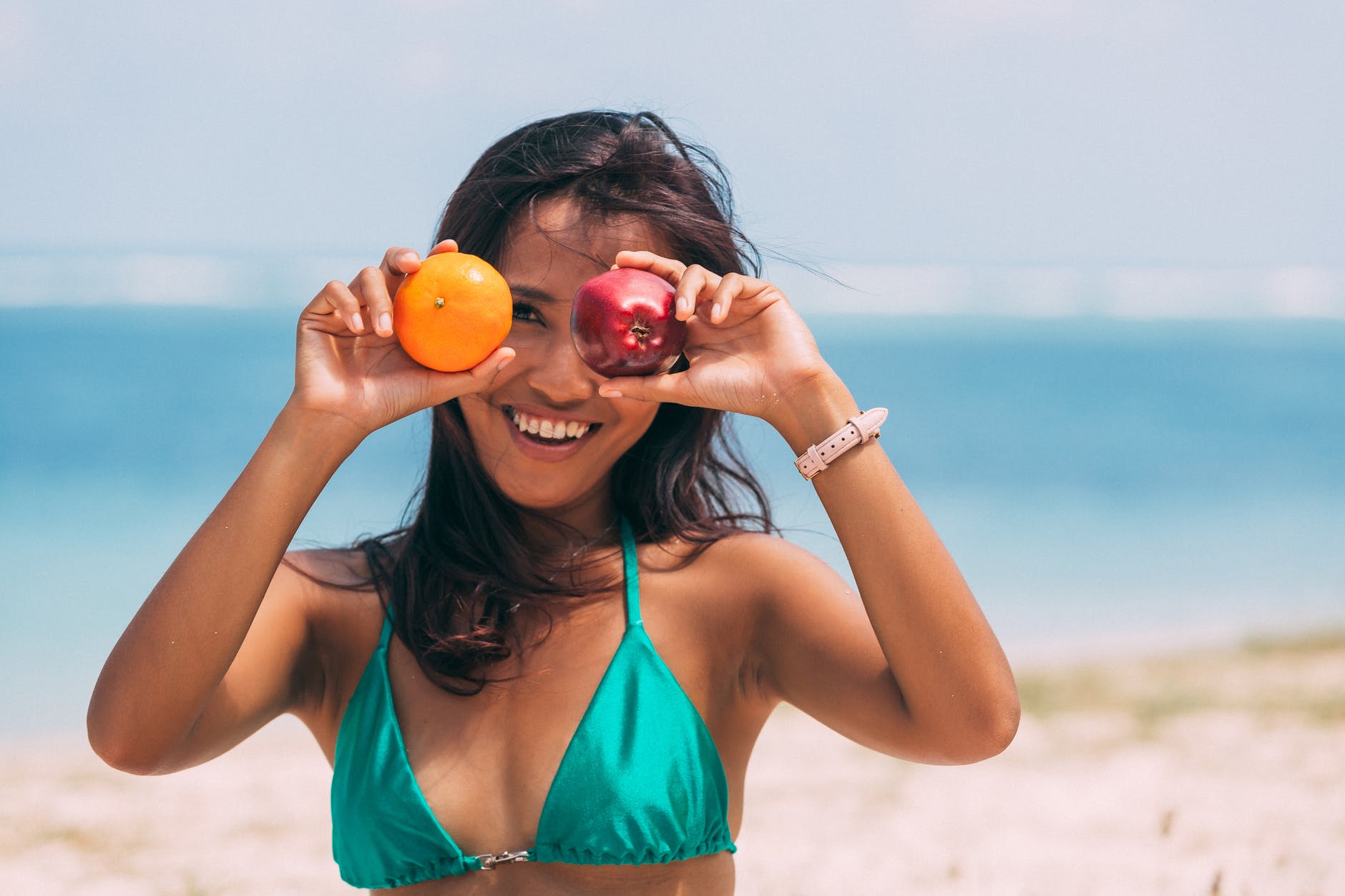
Edible Sunscreens?
You may get tired of hearing our board-certified dermatologists remind you to wear sunscreen. But it’s important.
According to the Centers for Disease Control and Prevention (CDC), skin cancer is the most common form of cancer in the U.S., and is the second leading cause of death, after heart disease.
And the Skin Cancer Foundation (SCF) reports that regular daily use of SPF 15 sunscreen can reduce your risk of developing squamous cell carcinoma (SCC) by about 40 percent, and lower your risk of melanoma, the most deadly form, by 50 percent.
Of course, you also need to avoid tanning beds and the sun whenever possible and wear sun-safe clothing, a wide-brimmed hat, and ultraviolet (UV)-blocking sunglasses.
THE DIETARY BOOSTER
But what if you could increase your sun protection factor even more through your diet? Maybe so, according to several studies.
For instance, a study published last month in the journal Dermatology Times found that a high intake of dark green leafy vegetables was associated with a lower risk of SCC tumors in 113 Australian subjects. Other studies have found similar results with certain types of foods, including an Italian study published in the International Journal of Epidemiology, which found that the Mediterranean plant-based diet cut melanoma risk in half.
As the SCF explains, “UV exposure wreaks a lot of its havoc on the skin by generating free radicals, unstable, nasty little oxygen molecules that produce inflammation and damage cell function and your skin’s DNA. This DNA damage can cause changes in your genes called mutations that lead to skin cancer.”
One way to help ward off these changes is through antioxidants, substances that exist naturally in the body and help to tame these damaging free radicals. Unfortunately, UV radiation also reduces the number of antioxidants, thus hitting the body with a double-whammy.
But these and other studies show you can increase the number of antioxidants in your cells through the foods you eat.
NATURAL ANTIOXIDANTS
So what are these magic antioxidants? According to the SCF, they include:
- beta carotene
- lycopene
- omega-3 fatty acids
- polyphenols
- selenium
- vitamin C
- vitamin D
- vitamin E
- zinc
Note: This is not a recommendation to run to the supplement aisle and load up on bottles of these vitamins. Nutritionists caution that the isolated vitamins found in supplements may not provide the micronutrients available when you consume these vitamins through foods rather than pills. It appears to be the interactions between various nutrients in foods that account for their effectiveness.
In addition, certain vitamins—especially those that aren’t water-soluble—can be toxic at high levels because they build up in tissues instead of being excreted daily, leading to an inadvertent overdose. This includes vitamins A and E. High doses of zinc may deplete copper in the body, leading to an imbalance, and beta-carotene and Vitamin E supplements can actually increase the chances of smokers developing lung cancer.
That’s why we recommend you get these nutrients from the foods you eat.
AN SPF DIET
Here are the top foods the SCF recommends to obtain each of these nutrients.
Beta-carotene: orange-colored vegetables and fruits such as carrots, squash, sweet potatoes, cantaloupe, apricots, and mangoes
Lycopene: mainly red-colored fruits and vegetables such as tomatoes, watermelon, guava, papaya, apricots, pink grapefruit, and blood oranges
Omega-3 fatty acids: fatty fish such as salmon, sardines, mackerel, herring, and albacore tuna, along with walnuts and flaxseed
Polyphenols: specifically found in freshly brewed green or black tea. The SCF notes that in lab tests, “green tea either consumed or applied directly to the skin has helped prevent UV-triggered skin cancer by absorbing UV damage and scavenging free radicals. A recent study concluded that tea’s polyphenols may reduce your skin cancer risk significantly if you drink four to six freshly brewed cups a day.”
Vitamin D: cod liver oil, fatty fish such as salmon, mackerel, and tuna, vitamin D-fortified milk and orange juice, along with small amounts in egg yolks, beef liver, and cheese. You may also need a supplement of vitamin D-3 to reach the daily allowance of 600 IUs recommended by the SCF and the Institute of Medicine.
Vitamin E: almonds and other nuts, sunflower and other seeds, spinach, soybeans, and wheat germ
Zinc: beef and lamb, shellfish, and legumes such as hummus, chickpeas, lentils, and black beans
As always, the best way to avoid skin cancer is to take the precautions mentioned above. But if you’ve been exposed to a lot of sun in the past, or have a family history of the disease, a varied and colorful diet rich in antioxidants may help you fight off this potentially deadly disease.

